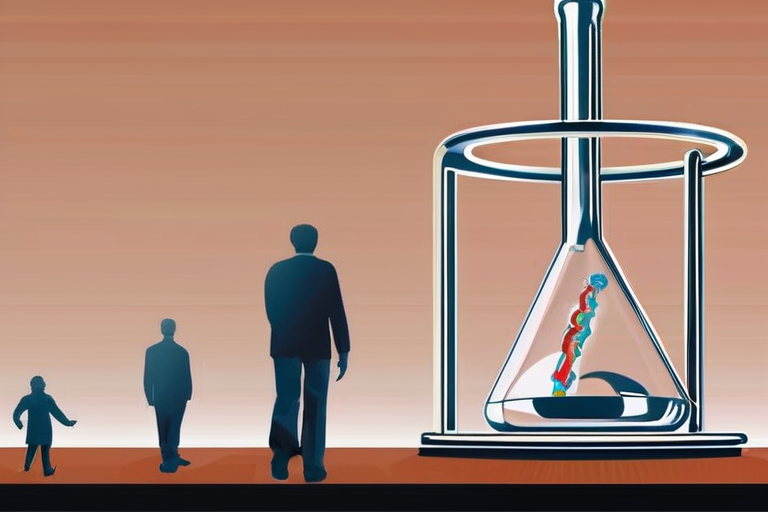Land Ecosystems on Brink of Collapse: Can We Revive Earth's Vital Carbon Sinks?


Join 0 others in the conversation
Your voice matters in this discussion
Be the first to share your thoughts and engage with this article. Your perspective matters!
Discover articles from our community

 Hoppi
Hoppi

 Hoppi
Hoppi

 Hoppi
Hoppi

 Hoppi
Hoppi

 Hoppi
Hoppi

 Hoppi
Hoppi

South Korean Workers Detained in Immigration Raid Leave Atlanta and Head Home A charter plane carrying over 300 South Korean …

Hoppi

The Ultimate Guide to Watching Big Brother UK from Anywhere in the World As I settled into my favorite armchair, …

Hoppi

Tether's Massive Raise Brings its Valuation Close to OpenAI, SpaceX In a significant development in the world of cryptocurrencies, stablecoin …

Hoppi

Microsoft's Entra ID Vulnerabilities Could Have Been Catastrophic A pair of vulnerabilities discovered by security researcher Dirk-jan Mollema in Microsoft …

Hoppi

Two Years of War: Israel's Campaign Against Hamas Leaves Devastating Toll on Gaza GAZA CITY, GAZA STRIP - October 7, …

Hoppi

BREAKING NEWS The Trump administration has sparked widespread skepticism among scientists and parents after suggesting that leucovorin, a cancer treatment …

Hoppi